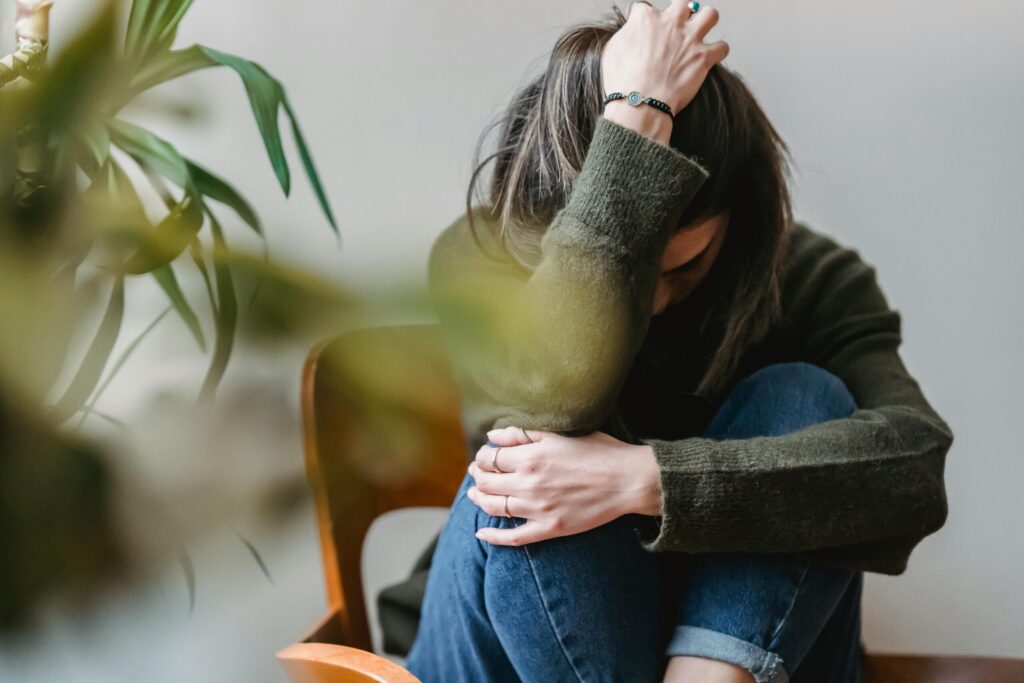
According to statistics, one in five Americans has a mental illness. With a stat like that, chances are you or someone you care about may be going through a difficult time, especially during the holidays. Seasonal depression tends to become more common in the fall and winter. So, how can we find the support we need and help those we care about do the same? First, we prioritize our mental health and then check in on the well-being of others.
Checking In With Yourself
Before we can show up for others, it’s important to check in with ourselves. Over the past two weeks, ask yourself: how have you been feeling? Have you experienced sadness, anxiety, irritability, or hopelessness? If these feelings have been present most days, it can be a sign of depression. Unlike sadness, depression is long-lasting and can be detrimental to our well-being if left untreated. It is not something that goes away, and seeking professional help from a licensed therapist is the first step. By taking care of ourselves, we strengthen our ability to care for others.
Recognizing the Signs in Others
Have you noticed someone acting differently lately? While depression can be hard to recognize, it often shows through noticeable changes. People struggling with depression may withdraw from social activities and isolate themselves. You might also notice changes in their sleep patterns or increased irritability.
Depression doesn’t look the same for everyone, but these behavioral changes are common signs to watch for. If you suspect someone is experiencing depression, let them know you’re there for them. Many people feel ashamed, but by providing your support, you can help them take the necessary steps towards healing.
Breaking the Stigma and Seeking Help
The stigma around mental health has shifted, and as someone who has experienced depression, I’m grateful to be able to share my diagnosis openly. Therapy was one of the first steps I took to improve my mental health. It has helped me become more self-aware and given me tools to regulate my emotions and reframe my thoughts. If you or someone you know is struggling with depression, don’t hesitate to reach out to a licensed therapist. We all need support, especially when it comes to our mental health.